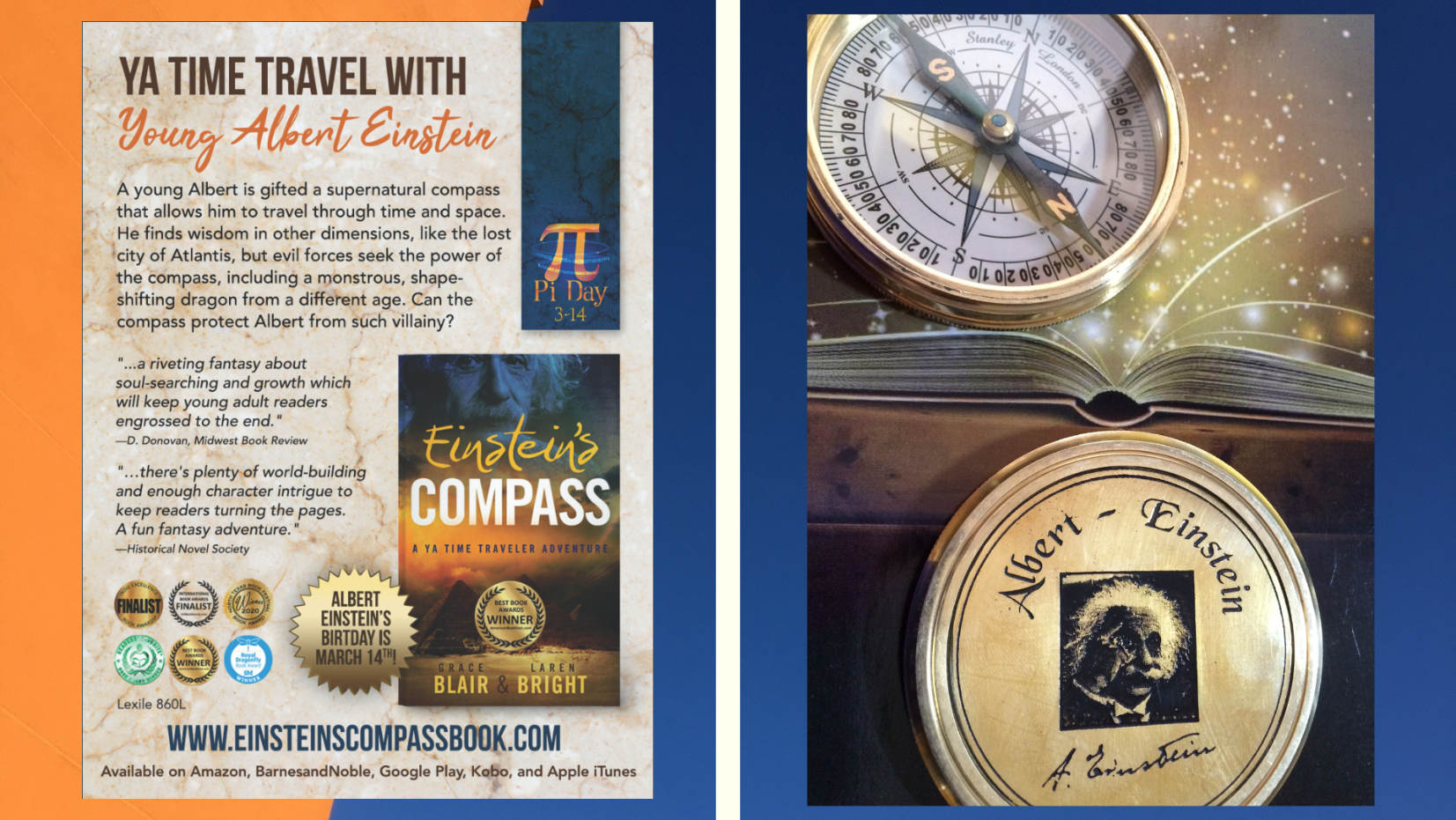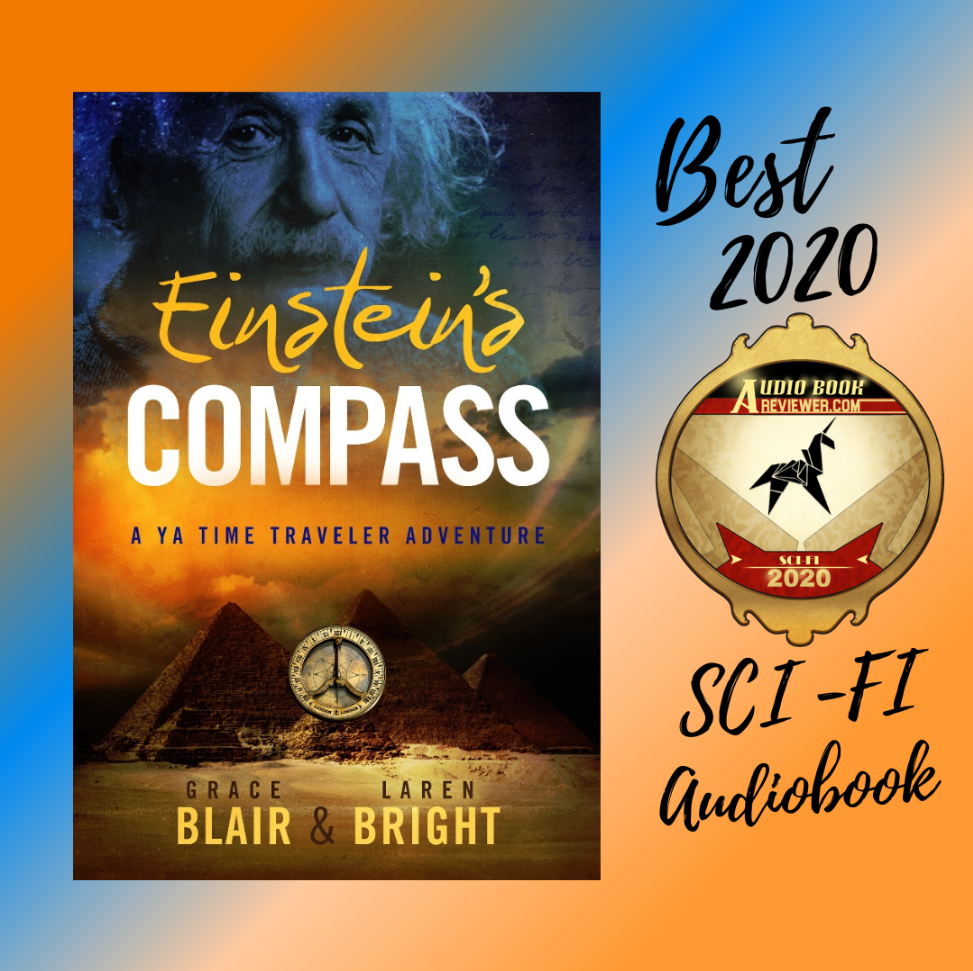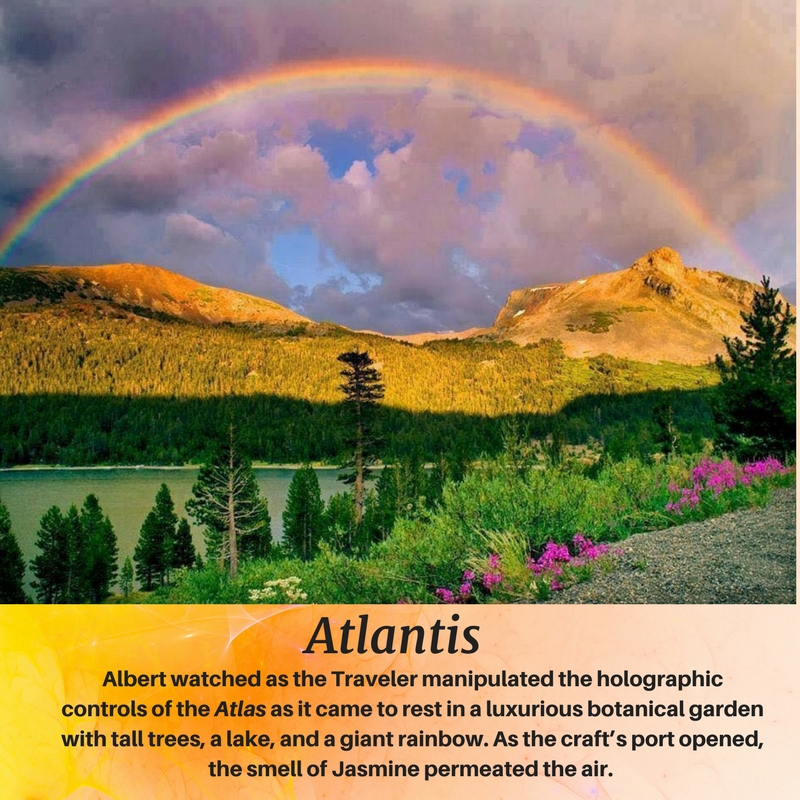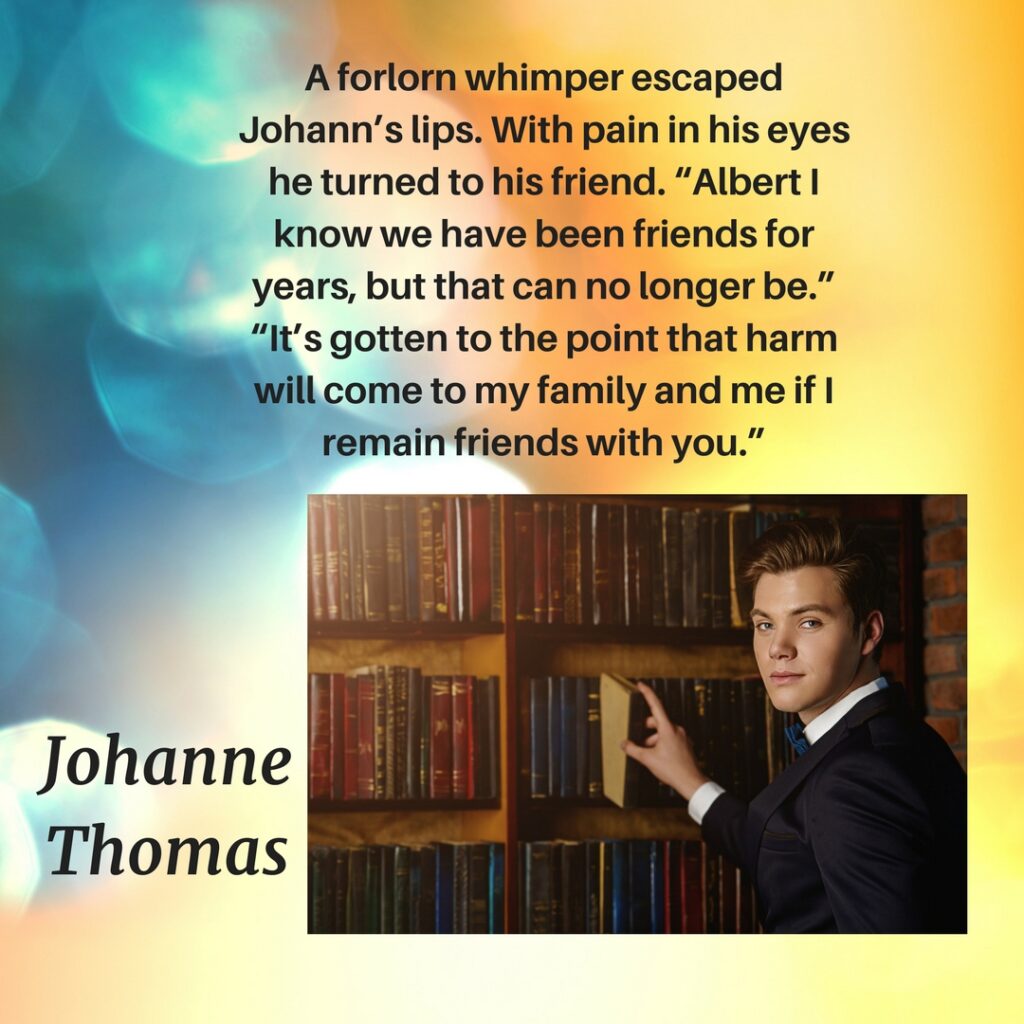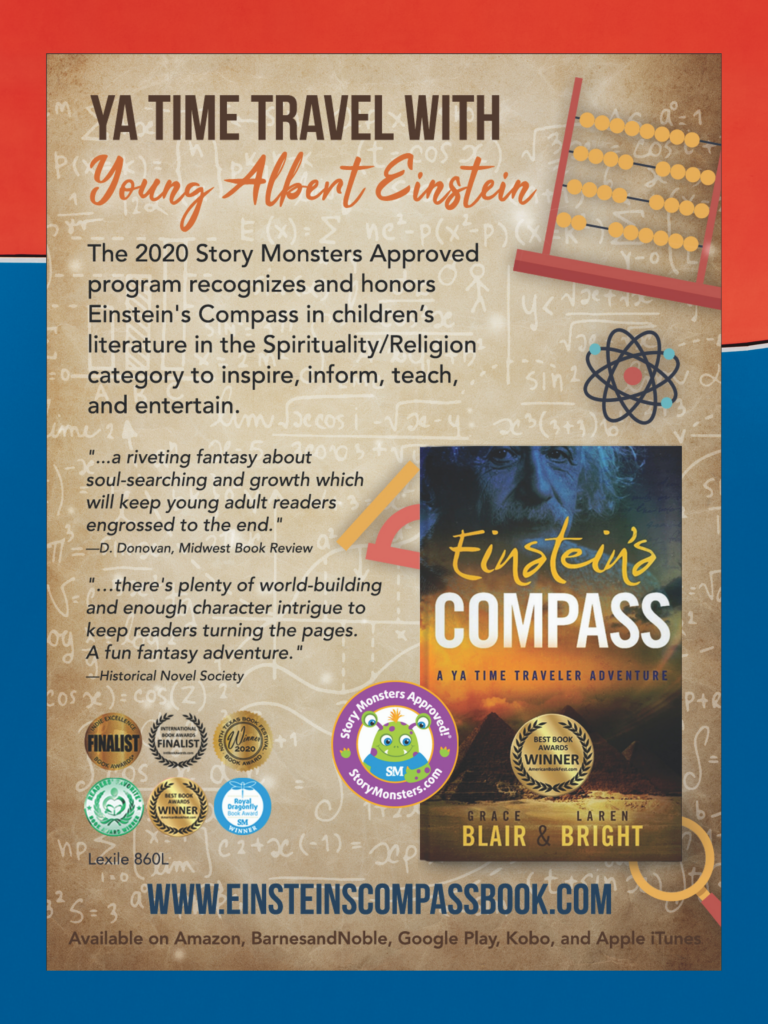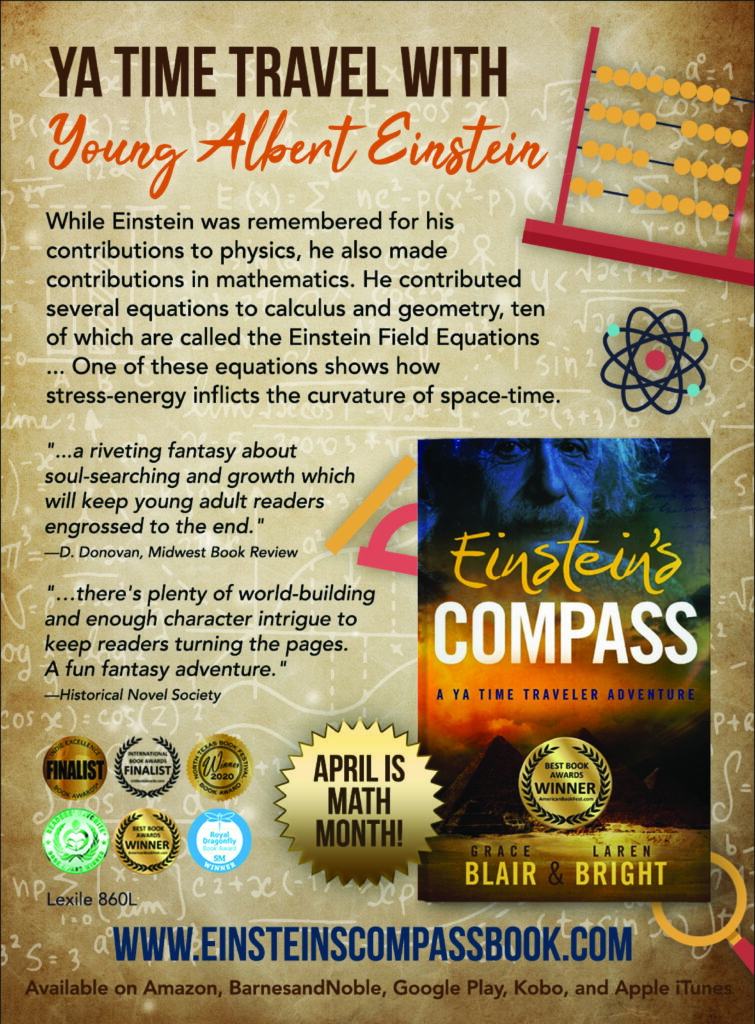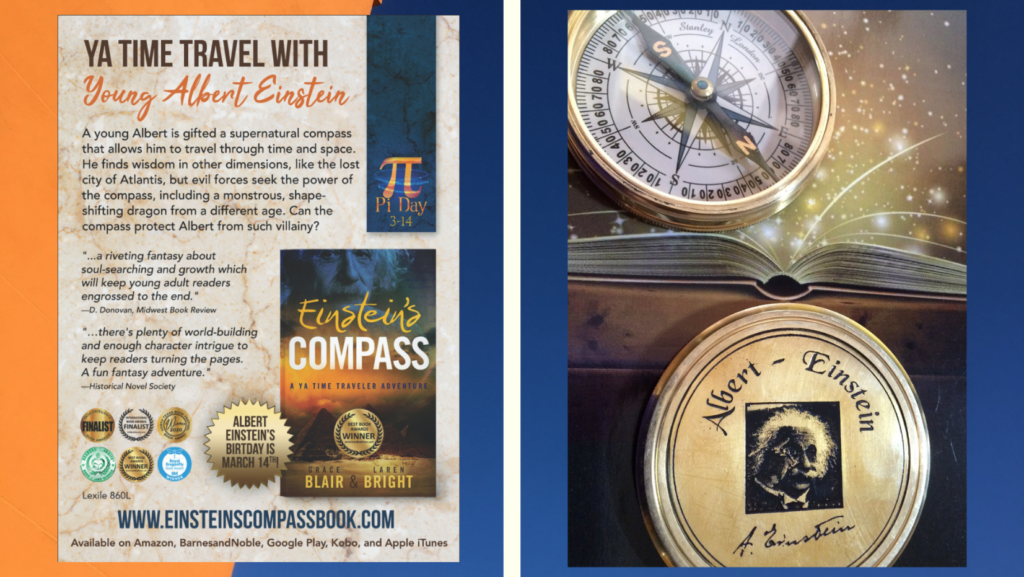Is it “cool to be cruel”? Our culture today is suffering from cancel culture and bad behavior on social media. Why?
Einstein received a lot of personal attacks in his life. What would do if you were attacked like this?
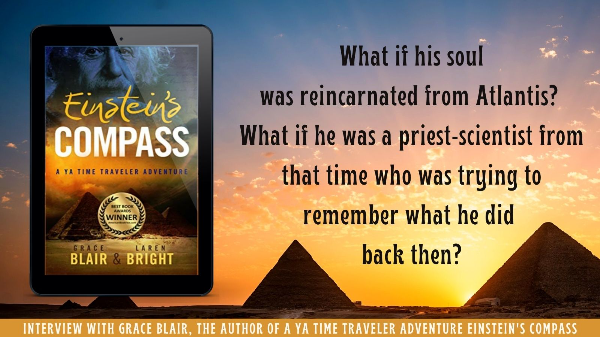
Albert Einstein was never always famous. Born a Jew, he attended a Catholic school where he faced bullies daily chanting words of antisemitism. At age 16 his parents moved to Italy without him. Left alone, he had no one to help him face the brutal torture of his teachers and peers. When he graduated from college, his professors refused to give him referrals to find a job. What did Albert have that kept him going? A compass his father gave him when he was a boy. The compass was more than a direction finder. It became a dream, his moral code to stay on course to discover what is time, what is light. Albert had courage, the heart to continue his journey, no matter who stood in his way or what tried to stop him. In this time of darkness, find your spiritual compass. Maybe you too can change the world.
Einstein’s Compass a YA Time Traveler Adventure
October 1894
Called to Task
As Albert secured his bicycle at the side entrance of the Gymnasium and took his books from the basket mounted in front of the handlebars, he wondered what the Benedictine monks thought of a Jewish boy attending their prestigious boarding school.
Dressed in a stylish charcoal wool suit, Albert walked toward the front of the building. Mounting the steps, he took off his inky, short-brimmed, felt bowler hat and smoothed back his unruly chestnut hair. He was late. Again. But he didn’t care.
Dwarfed by the tall Doric columns, he kept his eyes on the ground. He didn’t even glance at the long wall scroll with the Bavarian monks’ black-and-gold coat of arms that hung above him. Albert’s pace slowed. I am not looking forward to another day of boredom with these dullards.
At sixteen and standing five feet nine, Albert was not an imposing figure. The mild expression on his face hid the firestorm of rage that brewed in his mind. Day after day, the same thing.
This rote memorizing hurts my brain. Taking a deep breath to calm himself, Albert let his thoughts drift to his mother and father. He missed his family.
Melancholy came over him as he remembered their goodbyes in early summer. His parents left him with his aunt and uncle so they could pursue work in Italy. He had loved his life before they went. Now, he was stuck in classes where the boys were studying things that he had mastered years earlier. His guardians, unfortunately, were not as understanding as his parents about Albert’s boredom.
Albert stopped next to a column and leaned against it, remembering his initial discovery of the magic of mathematics. He had been only around twelve when Max Talmud, a family friend and struggling medical student, visited the Einstein’s for Shabbat one Friday and gave Albert a gift that changed his life. It was a mathematics book called Simple Algebra, and it opened new worlds to Albert, who at the time was in Folkenshuler elementary school. Albert mastered the text by himself and would delight in surprising Max with how much he had learned since the previous Shabbat.
For Albert, Simple Algebra was like a prayer book. He remembered his wonderment as the book began stimulating questions in his mind. Each problem became a puzzle to solve. Life was a series of “Xs” he decided, a series of unknowns.
Albert forced himself out of his reverie and reluctantly resumed his walk to class. He entered the classroom and glanced over at his friend, Johann. The teacher, Herr von Achen, was writing on the blackboard, his back to the class. Von Achen was a rigid and disciplined man on whom forty resembled sixty. His eyes were a bleak gray behind gold-rimmed spectacles, and he wore a perpetual frown under his balding head.
“The ‘late’ Herr Einstein,” taunted Werner von Wiesel as Albert made his way to his seat. Werner was his usual obnoxious self. The boys in the class would have laughed at the play on words, but they had heard this phrase numerous times already from Von Wiesel. His entourage did manage a weak guffaw as Albert slid into his seat.
Von Achen turned and frowned. “Enough, Herr von Wiesel,” he said in a halfhearted admonishment. Albert, who often challenged Herr von Achen, was far from the teacher’s favorite student. Additionally, Von Achen didn’t want to antagonize the son of Colonel von Wiesel, one of Munich’s substantial citizens.
With a disapproving glare at Albert, Von Achen began the lesson. “Today, we will discuss mathematical treatment of astronomy, Newton’s development of celestial mechanics and the laws of gravitation. Does everyone have their textbook?” Several of the boys nodded, taking out their copies of Josef Krist’s Essentials of Natural Science.
Albert raised his hand. “With all due respect, Herr von Achen, what does astronomy have to do with physics?”
Murmurs and grumbles rippled through the classroom. Werner rolled his eyes, moaning, “Not again… Einstein, do you have to do this?”
Albert stood his ground. “My interest is in learning physics. Astronomy is a waste of my time.”
Herr von Achen turned and glared at Albert. “As part of this course, we are covering the five branches of natural science: astronomy, biology, chemistry, the Earth sciences, and physics. You are to learn a broad range of subjects here, not just one or two.”
I have already covered this, Albert thought. He shook his head in resignation.
Herr von Achen challenged Albert. “Herr Einstein, please stand and explain to the class Newton’s theory of celestial mechanics.”
“The law of universal gravitation states that any two bodies in the universe attract each other with a force that is directly proportional to the product of their masses and inversely proportional to the square of the distance between them,” Albert rattled off sitting in his seat.
Herr von Achen’s face reddened. “What are you talking about? Where in your textbook did you see that?” His anger building, the older man, spat, “And when I tell you to stand young man, you will stand!”
Albert threw his hands up and stood beside his chair. “Herr von Achen, I learned Newton’s theory of celestial mechanics several years ago. I read the Peoples Books of Natural Science when I was twelve. All twenty-one volumes.” A collective gasp rippled through the classroom.
Herr von Achen could barely contain his fury. “I don’t care what you read or when.” He grabbed the copy of the textbook from his desk and held it up. “We are working with this textbook and the information in it. So…” he continued as his body quivered and he slammed the book down on his desk with a sharp crack, “you can shut your mouth now and sit down immediately!”
Turning from Albert to the blackboard, Herr von Achen began madly scribbling as he spoke in short staccato bursts of scientific jargon. Albert wished he were anywhere but here. As the other boys feverishly took notes, attempting to keep up with their still enraged teacher, Albert slumped into his chair and pulled his brass compass from his pocket. He found endless fascination studying his prized possession. Pushing on the twelve gemstones like buttons, he tried to turn it on again. How could he get the number 33 to flash the way it had when he first opened the compass?
He was pulled from his dream-like state by the clock striking the hour and marking the end of the class. Albert put away his compass and gathered his books, happy to be heading for the door. Just as he was about to escape, Herr von Achen motioned him over to his desk. Albert approached cautiously. Herr von Achen pointed his right index finger at Albert and through clenched teeth growled, “Just who do you think you are, Herr Einstein?”
Albert took in a deep breath. “What do you want me to say, Herr von Achen?”
With a vein throbbing just above his brow, Von Achen spat out, “You come to class late, sit in the back row with your attention elsewhere, and argue with me whenever you can. Where is your respect?”
“Sorry, sir,” Albert replied, his patience at an end.
Herr von Achen leaned forward across his desk, coming only inches from Albert’s face. “Well then, perhaps you would do better somewhere else.” He pulled an envelope from his inside jacket pocket and smacked it against Albert’s chest. “You are to meet with the Academik Committee in six weeks. The letter explains everything.” He spun around to straighten some papers on his desk. “And, Herr Einstein,” he said with sarcasm, his attention on the papers, “be on time.”
Not knowing what to say, Albert stepped back and stared blankly at the letter in his hand. Albert’s face flushed as the idea of being expelled from school and having his plans shattered took hold. His thoughts raced. His teachers at the Folkenshuler tried to force him to conform. Albert found it suffocating. Suddenly, the whole place felt like it was closing in on him.
Albert bolted from the classroom, ran through the hall and bolted out the front door. The biting, near-winter wind smacked Albert in the face as he burst out of the Gymnasium. Running and out of breath.
He inhaled the cold air into his lungs. Albert tried to calm himself and take stock. He needed to be alone. Slowly Albert calmed down, and rationality returned. He realized he needed his bicycle. Keeping his eyes down to avoid engaging with anyone, made his way back to the side entrance of the Gymnasium. No one paid any attention to Albert as he mounted his bicycle and pedaled away. His heavy wool suit barely kept him warm in the fall chill, but he hardly noticed.
Finally, on the edge of campus, he took one hand off the handlebars to wipe the tears from his eyes. Albert pedaled fast to Gasteig Park and the bridge at the end of the Prinzregentenstrasse. He slowed before a bench in the formal gardens and set his bicycle on the brittle, brown grass.
Sitting back, like a lost soul Albert closed his eyes. He felt crushed and out of control and just wanted to scream out his anger with Herr von Achen. He gazed across the terraces where the bare branches of tall birch and maples trees quivered in the wind. Rising above in the axis of the Prinzregentenstrasse was the Angel of Peace, a statue of the ancient Greek goddess of victory, Athena Nike. Albert stared at the towering, golden figure. “My only god is mathematics,” he declared out loud. The sun began to set, and Albert shivered in the chill air. I need to be somewhere where I can think. He didn’t want to discuss this with Johann, and his aunt and uncle would be of no assistance. Then he realized he had the perfect place.
It was fully dark by the time Albert found himself riding past candlelit houses of middle-class families. A short time later, he arrived at his destination. Quietly Albert walked his bike to the back of the house and left it under a small canopy made for the family vehicles. He opened the back door and entered a quiet house. He was alone. Since his parents had taken his younger sister, Mara, to Italy, he had the family home all to himself.
He turned on the hall light and climbed the stairs two at a time. He opened the door to find his bed, dresser, and armoire had accumulated only a light coat of dust since he’d left them in the summer. Just being back in the familiar room helped to calm him. Taking a deep breath, Albert reached under the bed and pulled out his violin case. He opened it and carefully picked up his friend, Violina. Albert stood in the middle of the living room, closed his eyes and remembered playing the Mozart lullaby “I See the Moon” with his mother accompanying him on the piano. Profoundly missing his family, he began to play the favorite tune on his violin. As the sweet notes emerged from Violina, Albert started walking, then gently waltzing, around the room. He could almost hear his mother singing the melody and laughing. The folksy love song lifted his heart. Lost in his dreams, Albert let the song fill him.
Bowing the last strains of the beautiful melody, Albert found the memory of his ordeal with Herr von Achen intruding into his awareness. The warm Violina still in his hands, he opened his eyes to a dimly lit bedroom, abandoned. He sighed and settled Violina into her case. Feeling forlorn, Albert collapsed onto his bed fully clothed and fell into a deep sleep. Tomorrow would be a new day.




 Initially, the idea of
Initially, the idea of  Why do Lucy’s kind (and Xha’s) ignore their dead?
Why do Lucy’s kind (and Xha’s) ignore their dead?
